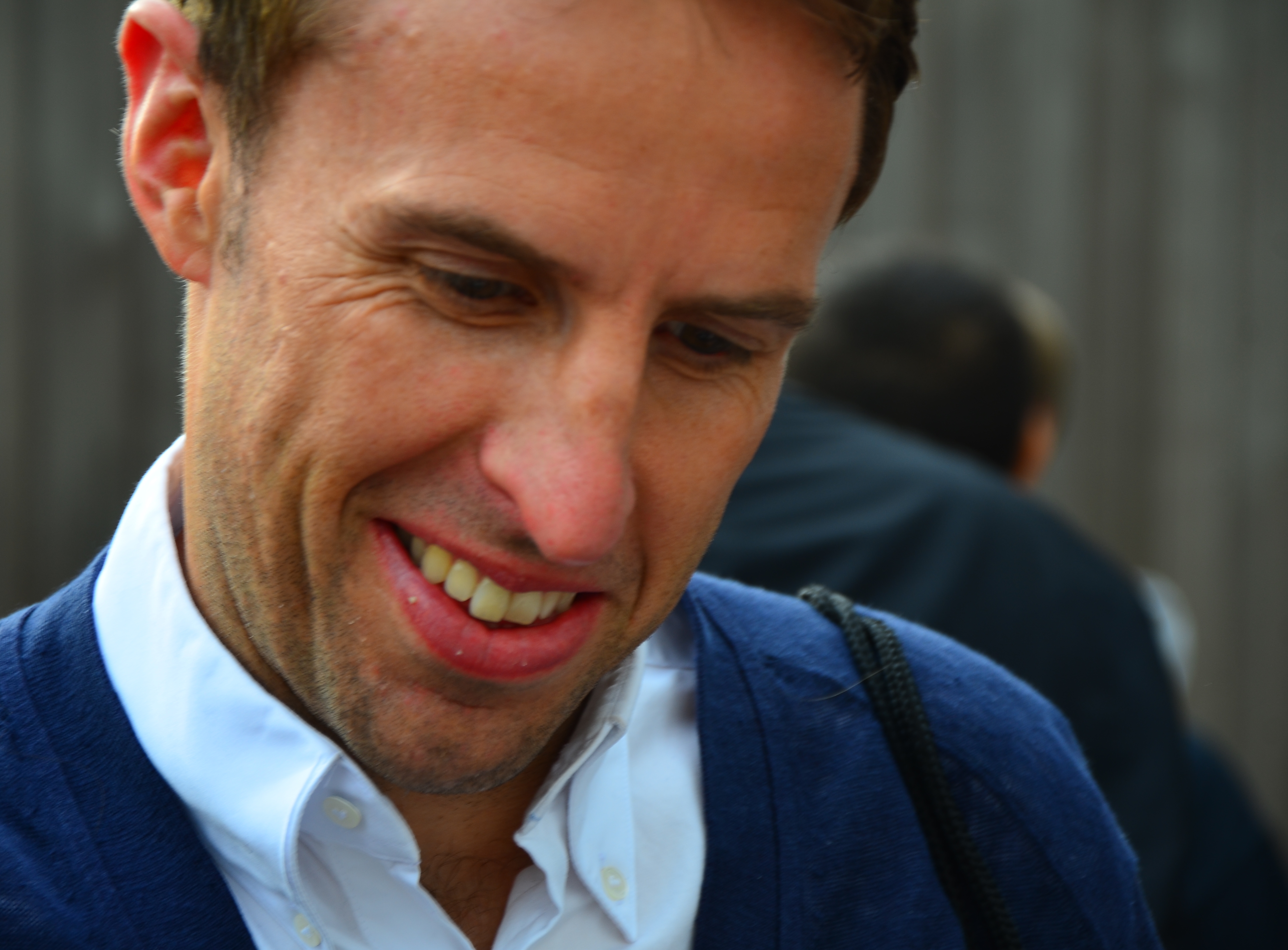It has been believed for long that in the arena known as the football pitch, all it takes for the roaring English lion to turn into a purring house cat is a penalty-kick. Football history has, over the years, added a kick to this theory. After all, the sight of an English footballer walking back, with hunched shoulders and a distraught face, after sending the football into the arms of the rival goalkeeper or, worse, ballooning it over the post, is not uncommon. The spectre has haunted English football fans in World Cups — 1990, 1998, 2006 — as well as in the European Championships. Several English knights failed and, in turn, were felled by that nation’s unsentimental media this way. Chris Waddle sent the football to the moon three decades ago in a nail-biting shoot-out during Italia 90, while Gareth Southgate had the misfortune of making the Wembley crowd disconsolate after tapping the ball to the opponent keeper during the European Championships of 1996. On both occasions, England’s great rival, Germany, gained from the quaking English boot.
Astoundingly, in an act of magnanimity, the Germans have now come to the rescue of Englishmen armed with — typically of Germans — credible scientific data. Michel Brinkschulte, a specialist in sports informatics, recently led an interesting study which, after crunching a humongous amount of data, including almost 700 penalty-kicks taken at World Cups and European Championships, has claimed that the English, in fact, have one of the highest penalty conversion rates in ‘open play’. So much so that the English, apparently, even bettered the performance of the mighty Germans or magical Brazilians by scoring 90 per cent of these penalties. When it came to shoot-outs, however, the signs of tremor return with the success rate of the English coming down to 61 per cent, below the average conversion percentage of 72. The nervous twitch, even though pronounced in the case of Mr Southgate and Co, is certainly not an altogether English phenomenon. The German study has pinned the bungling on pure bad luck.
Mr Brinkschulte’s claim is open to contestation. But what cannot be disputed is the fact that sport mirrors life by being an unpredictable affair. Significantly, games such as football and cricket are now leaning heavily on modern technology and scientific expertise. Nearly every team has its retinue of experts in sports medicine or psychology to gain an edge. Yet, the investments in science have not robbed sport of the element of chance. Thus, the West Indians, the better side on paper, capitulated to Kapil Dev’s Indians, a feat that defies logic — the essence of science. The resultant shock — the thrill that accompanies the unexpected — is, in fact, the elixir of life and sport. Modern sport is a mass spectacle. Marketing has helped widen its reach, but luck and fortune are key ingredients in the spell cast by football. Mr Southgate should no longer kick himself for missing that spot-kick.











